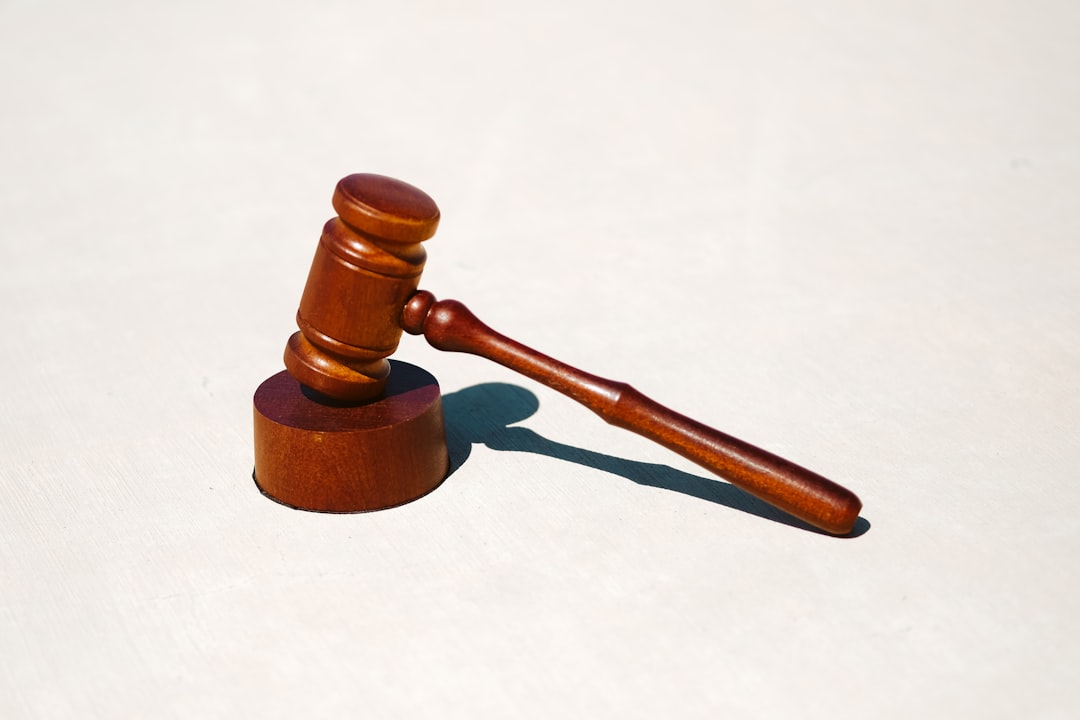In Washington state, navigating a sexual assault case can be complex and emotionally challenging. A qualified sexual assault lawyer is crucial for victims seeking justice and closure. This guide explores Washington’s sexual assault laws, emphasizing the invaluable role these experts play in guiding survivors through legal procedures. We provide insights into available resources and support for those affected by this traumatic experience, offering a comprehensive overview for those considering legal action.
Understanding Sexual Assault Laws in Washington

In Washington, sexual assault laws are designed to protect victims and ensure justice for perpetrators. A sexual assault lawyer in Washington is crucial in navigating this complex legal landscape. These laws cover a range of non-consensual sexual acts, including rape, molestation, and sexual harassment. The state has strict regulations regarding consent, with any sexual activity without explicit agreement being considered assault. Understanding these laws is essential for both victims seeking resolution and lawyers representing them.
A sexual assault lawyer in Washington helps interpret these statutes, providing guidance on how to build a strong case. They ensure that the rights of the victim are protected throughout the legal process. By employing strategic tactics, these legal professionals can help secure justice, which may include restitution for victims or penalties against perpetrators.
The Role of an Expert Lawyer in These Cases

When facing a sexual assault case, the role of an expert lawyer is invaluable. A skilled sexual assault lawyer in Washington understands the complexities and emotional weight of such cases. They navigate a sensitive legal landscape, ensuring every aspect of the case is handled with care and professionalism. These lawyers possess specialized knowledge of state laws and procedures related to sexual violence, which can significantly impact the outcome.
An expert lawyer advocates for their client’s rights while providing support throughout the process. They collect and preserve evidence, interview witnesses, and build a robust legal strategy. Their experience enables them to anticipate potential challenges and navigate through the legal system effectively. Ultimately, a dedicated sexual assault lawyer in Washington fights for justice, ensuring their client receives the support and representation they deserve during an incredibly difficult time.
Navigating Legal Procedures for Victims

Navigating legal procedures after experiencing sexual assault can be a daunting task, but with the support of an expert sexual assault lawyer in Washington, victims can find their voice and seek justice. The first step is to report the incident to local law enforcement, who will initiate an investigation and collect evidence. A skilled attorney will guide victims through this process, ensuring their rights are protected and all necessary steps are taken.
They will also assist with understanding the legal system and navigating complex procedures, which can be overwhelming. This includes filing a civil lawsuit for compensation and holding the perpetrator accountable. With their expertise, victims can receive the support they need to rebuild their lives while ensuring justice is served.
Resources and Support for Survivors in WA

In Washington, survivors of sexual assault have access to numerous resources and support systems designed to help them navigate their journey towards healing and justice. Many organizations offer confidential services, including counseling, legal aid, and advocacy. These groups provide a safe space for individuals to share their experiences and connect with others who understand their unique challenges. For those considering legal action, a sexual assault lawyer in Washington can offer specialized guidance, ensuring survivors’ rights are protected throughout the resolution process.
Washington state has established various programs specifically tailored to support survivors of sexual violence. These initiatives range from crisis hotlines and emergency shelters to legal clinics and support groups. Such resources empower survivors by offering a sense of security, enabling them to take control of their healing process while seeking appropriate justice against perpetrators.






